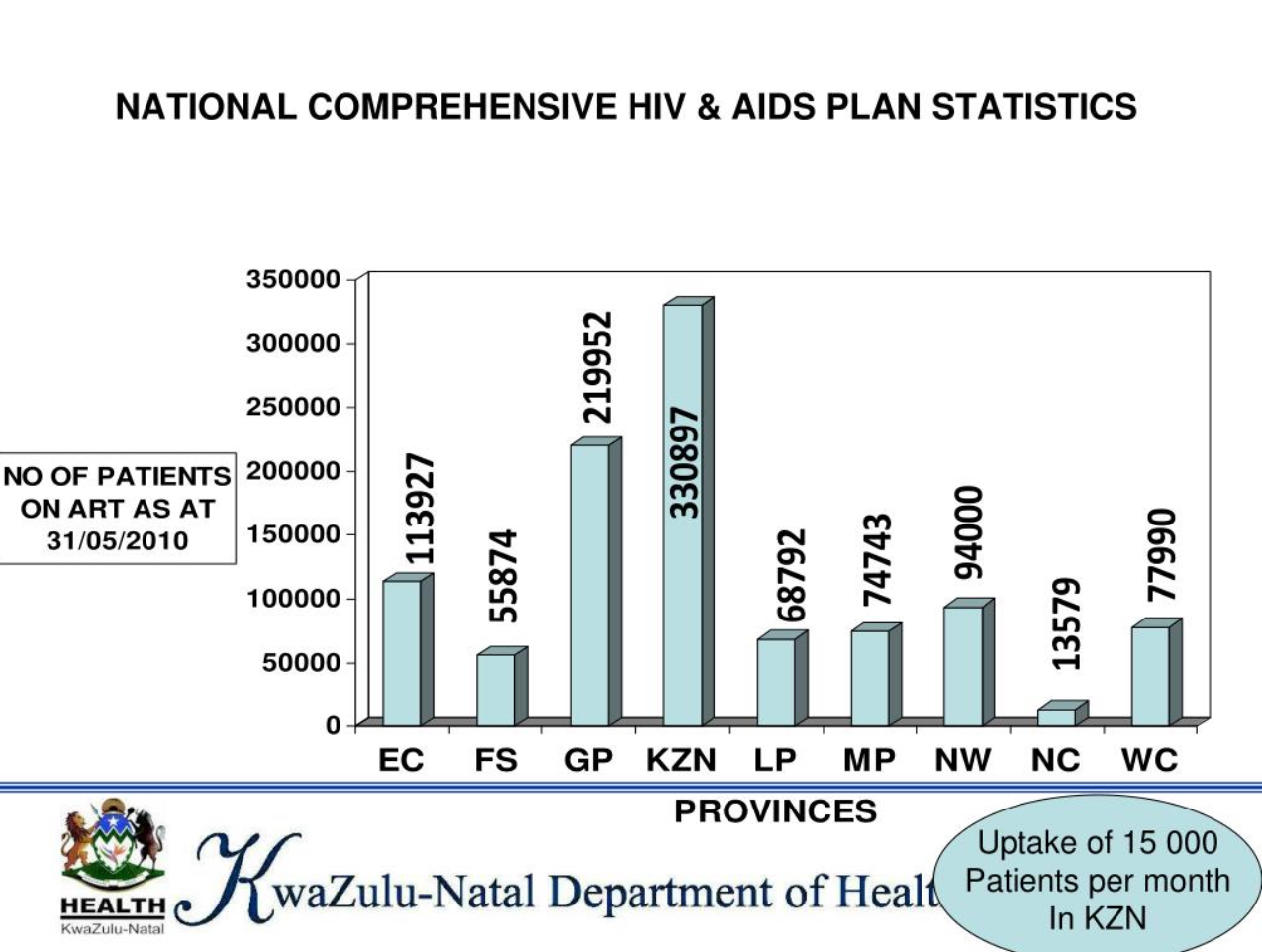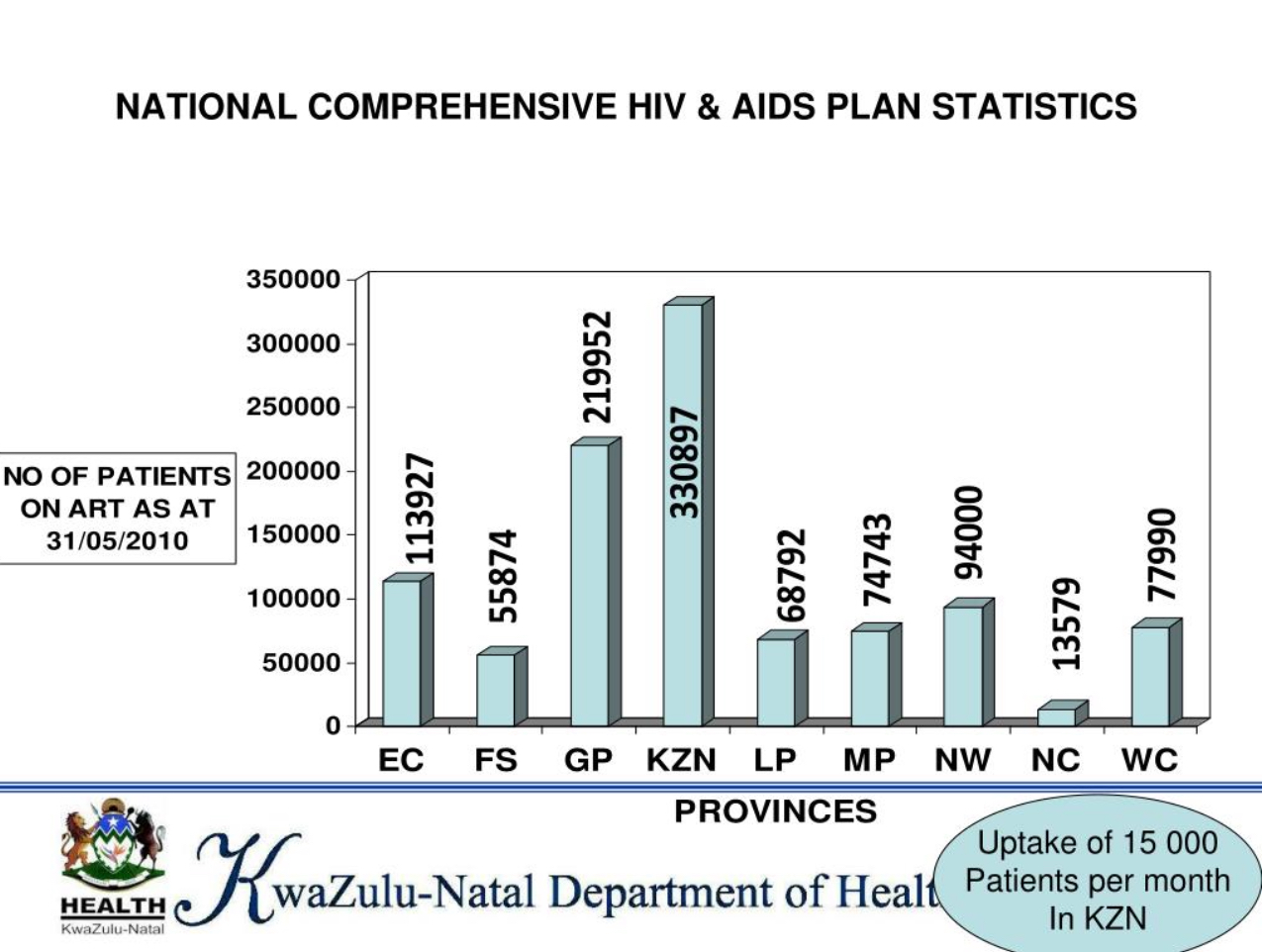 KwaZulu-Natal (KZN), South Africa’s most populous province and the epicenter of the country’s HIV/AIDS epidemic, faces a critical juncture as U.S. funding cuts and domestic budgetary constraints threaten to undermine decades of progress in combating the disease.
KwaZulu-Natal (KZN), South Africa’s most populous province and the epicenter of the country’s HIV/AIDS epidemic, faces a critical juncture as U.S. funding cuts and domestic budgetary constraints threaten to undermine decades of progress in combating the disease.
The Trump administration’s decision to halt the President’s Emergency Plan for AIDS Relief (PEPFAR) funding has resulted in a significant financial shortfall. This move has led to the closure of specialized HIV clinics, the loss of over 8,000 health worker positions, and a marked decline in testing and treatment services across the province .
Premier Thami Ntuli, addressing the Provincial Council on AIDS in Durban, emphasized the gravity of the situation. He noted that the withdrawal of PEPFAR funding, which previously amounted to R1.5 billion, has not only disrupted healthcare services but also resulted in significant job losses. “This unfortunate development is frustrating our long-term plans which were based on the ‘certainty’ of this funding stream,” Ntuli stated .
 The provincial government is now looking to President Cyril Ramaphosa’s recent meeting with U.S. President Donald Trump as a potential avenue to restore funding. The outcome of this diplomatic engagement is seen as pivotal in determining the future of KZN’s HIV/AIDS programs.
The provincial government is now looking to President Cyril Ramaphosa’s recent meeting with U.S. President Donald Trump as a potential avenue to restore funding. The outcome of this diplomatic engagement is seen as pivotal in determining the future of KZN’s HIV/AIDS programs.
In parallel, South Africa’s revised 2025 national budget, presented by Finance Minister Enoch Godongwana, reflects the financial strain caused by the loss of U.S. aid. The health budget has been reduced from R28.9 billion to R20.7 billion, compelling the government to prioritize essential services and workforce retention over program expansion .
The convergence of international aid withdrawal and domestic fiscal tightening poses a significant threat to the sustainability of HIV/AIDS interventions in KZN. Stakeholders are urging for renewed international support and strategic domestic investment to prevent a resurgence of the epidemic and safeguard the health gains achieved over the past two decades.
As the province navigates these challenges, the emphasis remains on collaborative efforts between government entities, civil society, and international partners to ensure the continuity and effectiveness of HIV/AIDS programs in KZN.


